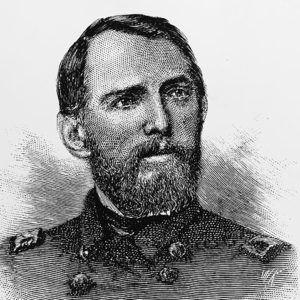 Isaac Newton Brown
Isaac Newton Brown
Entry Category: Individuals
 Isaac Newton Brown
Isaac Newton Brown
Brown, Jacob
Brown, William M. “Buck”
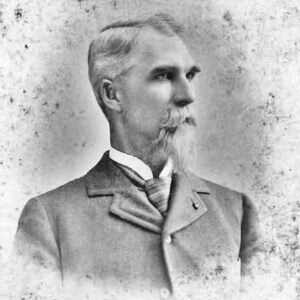 Edward Lyon Buchwalter
Edward Lyon Buchwalter
Buford, Napoleon Bonaparte
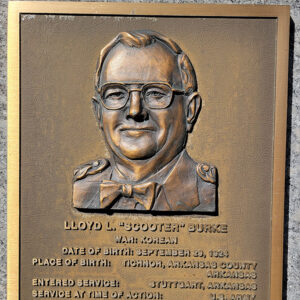 Lloyd L. Burke Plaque
Lloyd L. Burke Plaque
Burke, Lloyd Leslie “Scooter”
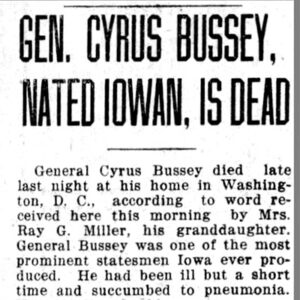 Cyrus Bussey Death Notice
Cyrus Bussey Death Notice
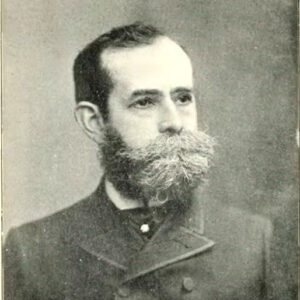 Cyrus Bussey
Cyrus Bussey
Bussey, Cyrus
Cabell, William Lewis
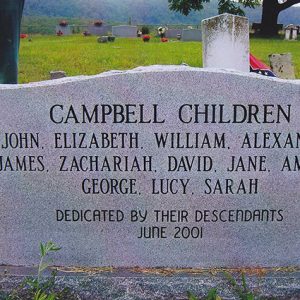 Campbell Children's Memorial
Campbell Children's Memorial
Campbell, John
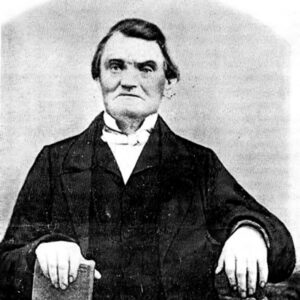 John Campbell
John Campbell
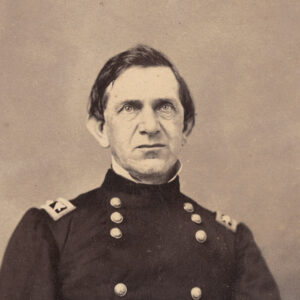 Edward R. S. Canby
Edward R. S. Canby
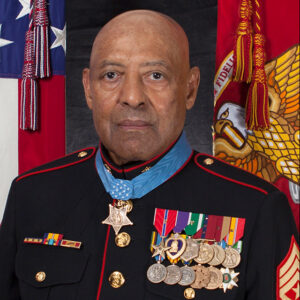 John L. Canley
John L. Canley
Canley, John L.
Carr, Eugene Asa
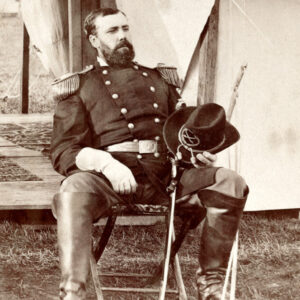 Eugene Asa Carr
Eugene Asa Carr
Catterson, Robert Francis
Caulder, Peter
Cecil, John
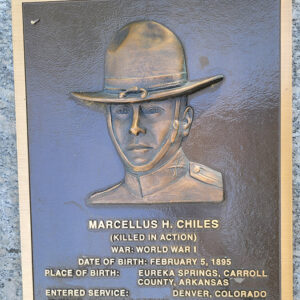 Marcellus H. Chiles Plaque
Marcellus H. Chiles Plaque
Chiles, Marcellus Holmes
Chisum, John Greene
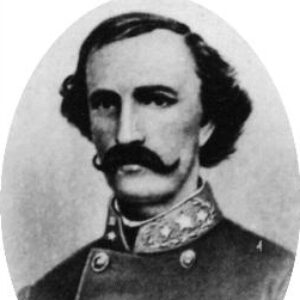 Thomas Churchill
Thomas Churchill
Churchill, Thomas James
Clark, Wesley Kanne
Clayton, Powell
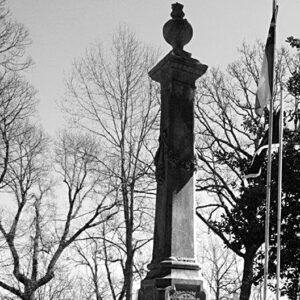 Patrick Cleburne Gravesite
Patrick Cleburne Gravesite
Cleburne, Patrick Ronayne
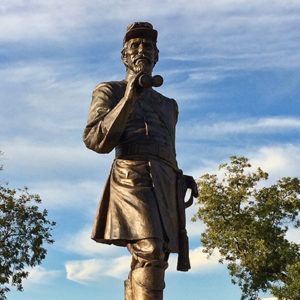 Patrick Cleburne Statue
Patrick Cleburne Statue
Coggs, Granville Coleridge
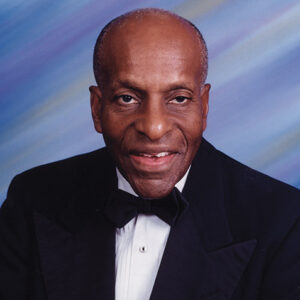 Granville Coggs
Granville Coggs
Colley, Chad
aka: Ralph C. Colley Jr.
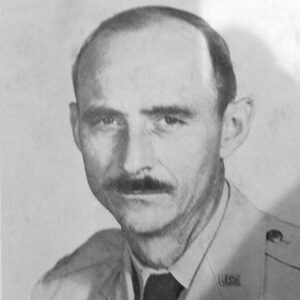 Calvin Collier
Calvin Collier
Collier, Calvin Lawrence
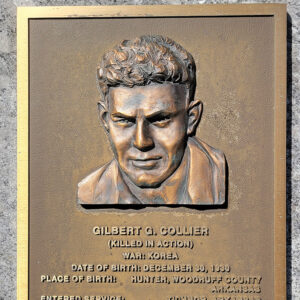 Gilbert G. Collier Plaque
Gilbert G. Collier Plaque
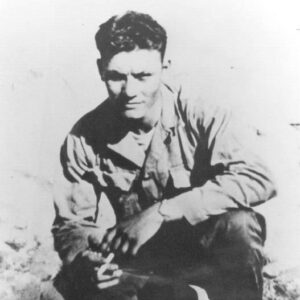 Gilbert Georgie Collier
Gilbert Georgie Collier
Collier, Gilbert Georgie
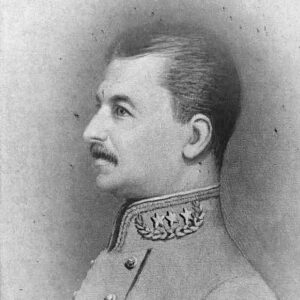 Colton Greene
Colton Greene
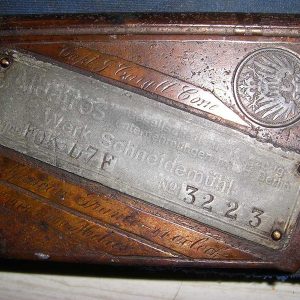 Cone Trophy
Cone Trophy
Cone, John Carroll
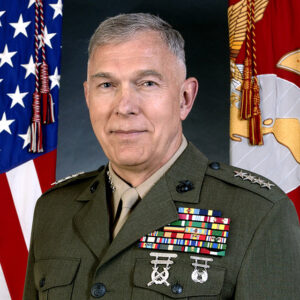 James T. Conway
James T. Conway
Conway, James T.
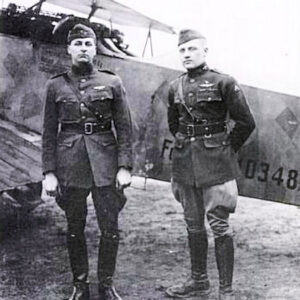 Everett Cook
Everett Cook




